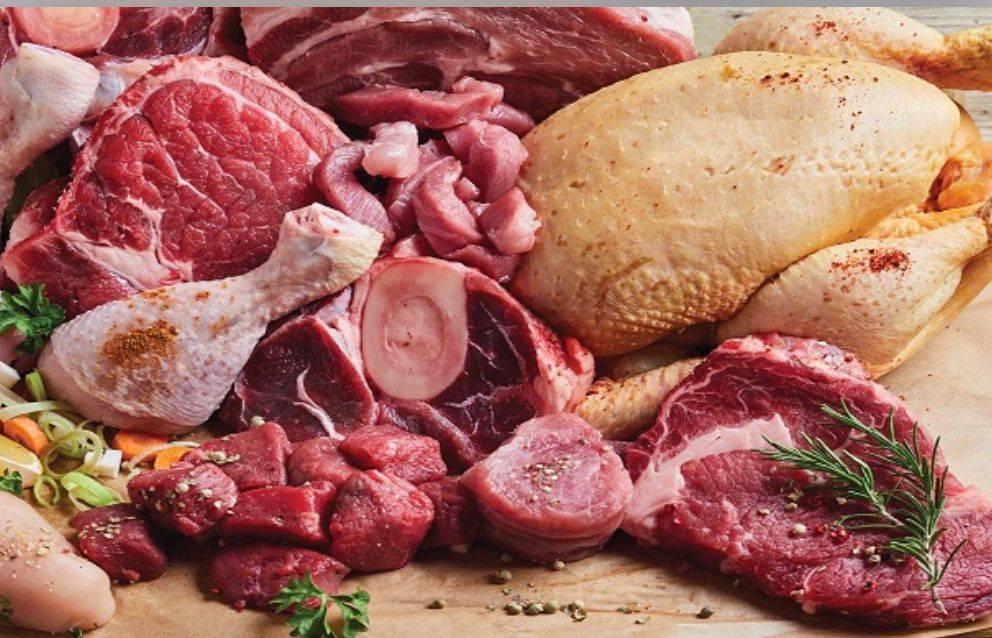From $10 for a loaf of bread to palm oil’s plunge and the highest ever temperatures in Europe, which are driving farmers to feed sports drinks to their poultry, here are the main food stories this week:
Lofty Loaf
People really start noticing inflation when it shows up in the things they buy every day. That’s why gasoline and milk get so much attention. Now add bread to the growing list of essentials that are becoming more expensive and hammering consumer sentiment.
Amid the highest US inflation in four decades, the cost of bread has soared this year, pushing more premium options to an unheard-of $10 a loaf and beyond.
Palm Rout
Palm oil is in full retreat. Prices have plummeted almost 50% since closing at a record high in April and could fall a further 20% by September to levels not seen since 2020, according to veteran analyst Dorab Mistry.
That’s a sharp reversal of fortunes for the cooking oil, which hit a peak after top supplier Indonesia banned exports in an attempt to curb soaring domestic prices. Storage tanks started overflowing, which forced the government to lift the ban and jump start shipments, causing world prices to plunge. That’s good news for consumers because it will ease global food inflation.
Baked Farms
Corn yields are waning, milk output is shrinking and chickens are sipping electrolytes as unprecedented heat bakes some key farming regions in Europe.
France, an agriculture heavyweight, suffered its highest ever temperatures and fires, while the UK issued its most severe heat warning and half of the farms in Italy are parched. That’s compounding problems for food producers, who were already reeling from frosts, hail and drought in the first half of the year.
At Traditional Norfolk Poultry in England’s East Anglia region, staff are starting at 4 or 5 a.m. to make sure the free-range chickens get fresh food and litter early in the day, leaving them undisturbed once temperatures rise. The birds also get electrolytes in their water, similar to sports drinks, which encourages them to drink more.
Foot-and-Mouth
Australia, a major beef exporter, has found traces of foot-and-mouth disease on imported food products, deepening fears over a potential outbreak that could devastate the nation’s livestock industry.
Viral fragments were found in a sample of pork floss offered for sale in Melbourne. Authorities have ramped up surveillance to prevent an incursion and are set to deploy sanitation foot mats at international airports this week.
A widespread outbreak could have a direct economic impact of A$80 billion ($55 billion). It would also hurt global beef supplies as the country is one of the top shippers, comprising 13% of world trade.
Source: Bloomberg














